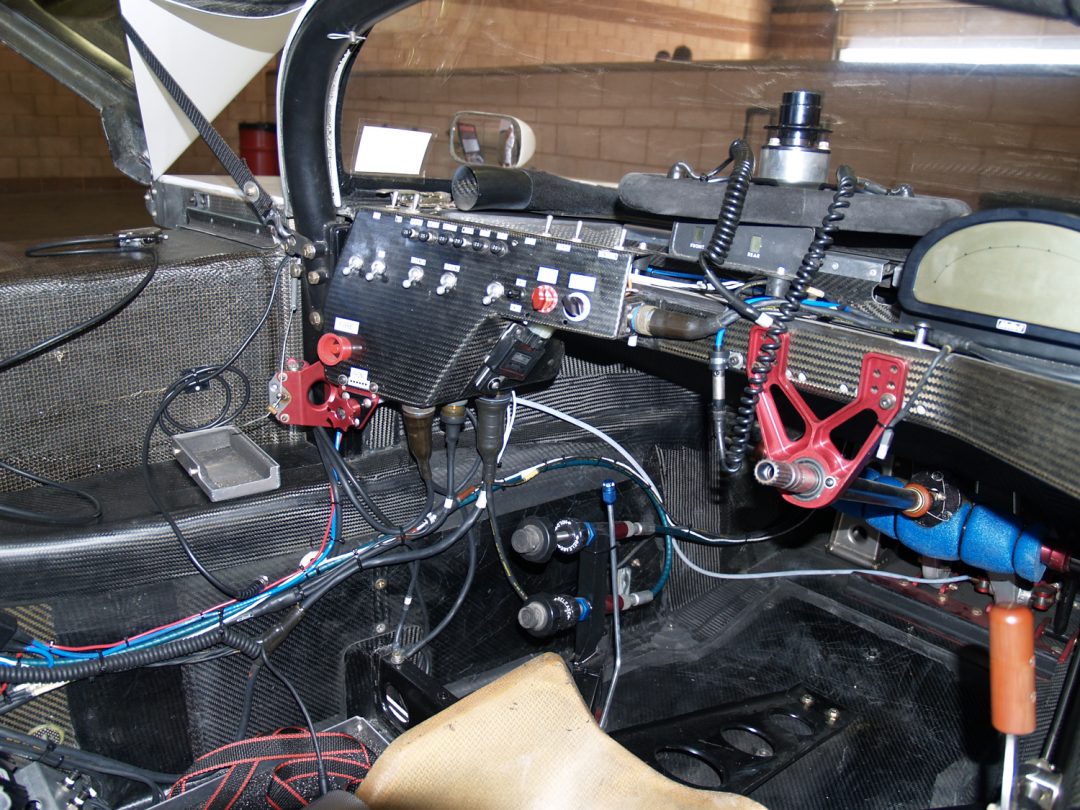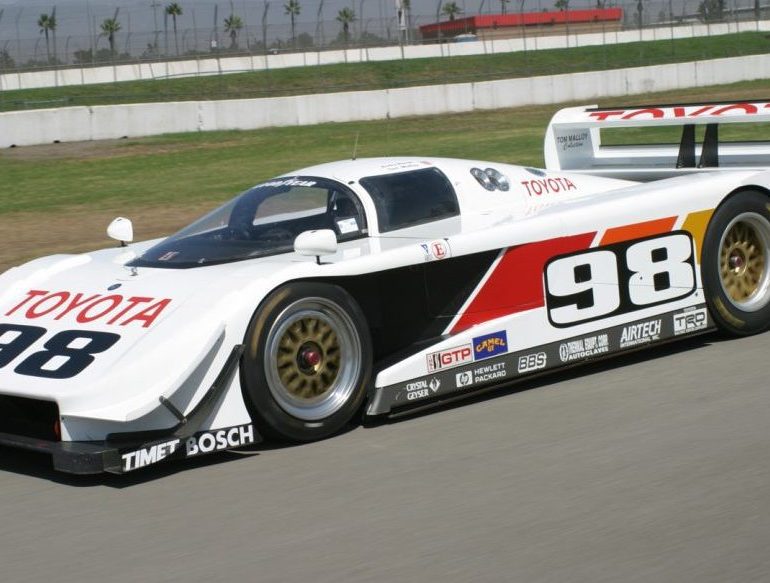As you’ll see elsewhere in this month’s issue, 37 sophisticated Group C and GTP machines took part in a historic support race for this year’s 24 Hours of Le Mans. This gathering was interesting for several reasons, not the least of which being that it may have provided an answer to a long debated question, “Will today’s racecars, ever become tomorrow’s historic racers?”

At least once of twice a year, for about as long as I care to remember, this question has made the rounds of post-race parties, race shop b.s. sessions and online chat rooms. “Will the electronics-filled, spaceship-like racecars of today ever see a historic race grid 20 years from now?” Even our own in-house pundits Pete Lyons and Mike Lawrence have weighed in on this issue several times each in recent years, usually lamenting the fact that today’s cars will likely be too technologically sophisticated to ever be viable historic racecars. While in my heart I have long feared that they may be right, I’ve recently been encouraged by a number of different indications that this may not be our pre-ordained fate.
This year’s Le Mans race is one shining example. Group C and GTP cars were ultimately banned because they were too technologically sophisticated—and thus, too expensive—to be run by anything other than the factories. Shortly after the series’ demise, many journalists fell into the familiar mantra that these cars would be too difficult to maintain for historic racing. And yet, not only do we currently have 37 “historic” Group C/GTP cars taking part at Le Mans, but also several fast growing historic race series for these cars in Europe and America.
Elsewhere, another area where there have been doubts is the current era of Formula One cars. We’ve all seen and heard about the dozens of engineers and support crew that is required to field a modern Formula One car. Surely, these won’t make the historic grid in 2024? Well, I’m not so sure. If you take for granted that modern Formula One Ferraris are about as technically sophisticated as they come, then you might be surprised by the number of late model Ferrari F1 cars that are already taking part in historic events around the world. This year alone, I’ve seen recent era Ferrari F1 cars take part at events like the Monterey Historics, the Monaco Historique, the Historic Festival at California Speedway and the BRIC at Road America. In fact, a year or so ago, I was at a private historic test where a late ’90s Ferrari F1 car was being run. I was genuinely surprised to see that just one “historic” mechanic was looking after the car and that he really didn’t have much equipment with him. In surprise, I asked him, “I thought these things took a team of specialists to run?” He grinned and replied, “It would seem that way, but actually they’re not too hard to run. The hard part is the engine rebuilds!” However, now that Ferrari has created a special “Clienti” division that specializes in the parts and maintenance of their “customer” F1 cars, the chances are good that we will continue to hear these amazing cars scream for many years to come.
Now, of course, you might say, “Sure, but who can afford to run and maintain a million dollar Ferrari?” But, the truth of the matter is that there have always been, and hopefully will always be, wealthy enthusiasts who will want to run these special cars. If you doubt this, you don’t have to look any farther back then the ’60s and ’70s. In relative dollars, was a Ferrari 312T any more expensive to run in 1980, than Schumacher’s 2002 is to run today? What about other technically sophisticated cars of the period like the 917 and the BRM H16? In fact, it has only been through technological developments made recently that the BRM H16 has even been made to run reliably. In its day, not even the factory could get it to work properly!
All in all, I find more and more evidence that historic racing is, in fact, a constantly moving continuum. As today’s modern racecars are pushed aside for next year’s model, they take up their position in the historic queue—awaiting their appointed time to be re-discovered by the historic movement. My only concern is that I’m around to see for myself what’s on tap at the 2025 Monterey Historics!




